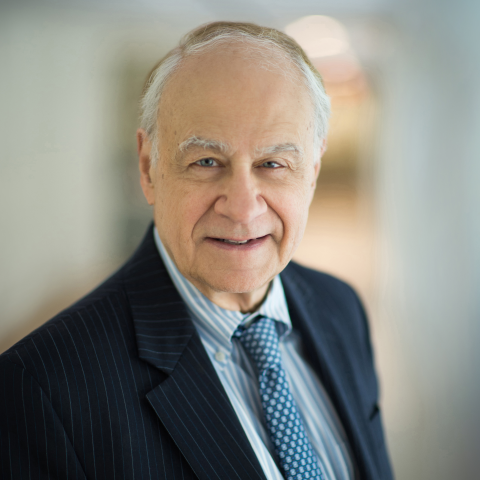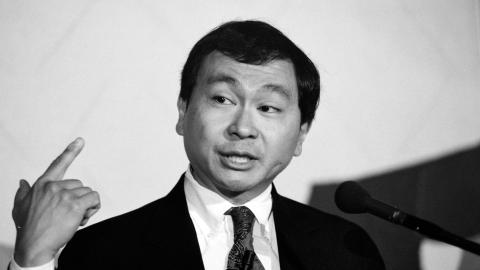The Danish political scientist Georg Sorensen recently noted that “the tradition that became liberal democracy was liberal first (aimed at restricting state power over civil society) and democratic later (aimed at creating structures that would secure a popular mandate)." Today the liberal foundation of democracy is under an assault which, if successful, will transform democracy itself. An alternative world view, "cultural democracy,” has emerged, challenging the basic principles of liberal democracy on practically every important issue.
For the greater part of the twentieth century liberal democracy waged an epic ideological struggle against Fascism and Communism in every corner of the world. After more than seven decades, near the end of what Zbigniew Brzezinski has called "mankind's most bloody and hateful century," liberal democracy emerged triumphant. Many Western commentators proclaimed the world-historical significance of this victory. Francis Fukuyama declared that we had reached the "end of history." He predicted that the basic principles of liberal democracy would never again face serious opposition from a rival political philosophy with a universal appeal.
In fact, a cultural war over the very definition of democracy is now being fought in the United States and Canada, in Australia and New Zealand, and in Western Europe. The battlefields in this war are variously called multiculturalism, diversity, multilingualism, Balkanization, political correctness, racism, feminism, ethnicity, immigration, assimilation, the melting pot, the mosaic, the salad bowl, laicité, droit a la différence, sovereignty, globalism, national identity, religious fundamentalism, cultural nationalism. In all these conflicts what is really being contested is whether liberal democracy will survive or whether it will be reconstructed into a new form of governance. This developing war of ideas between liberal democracy and cultural democracy may prove to be the most significant conflict of the twenty-first century.



















